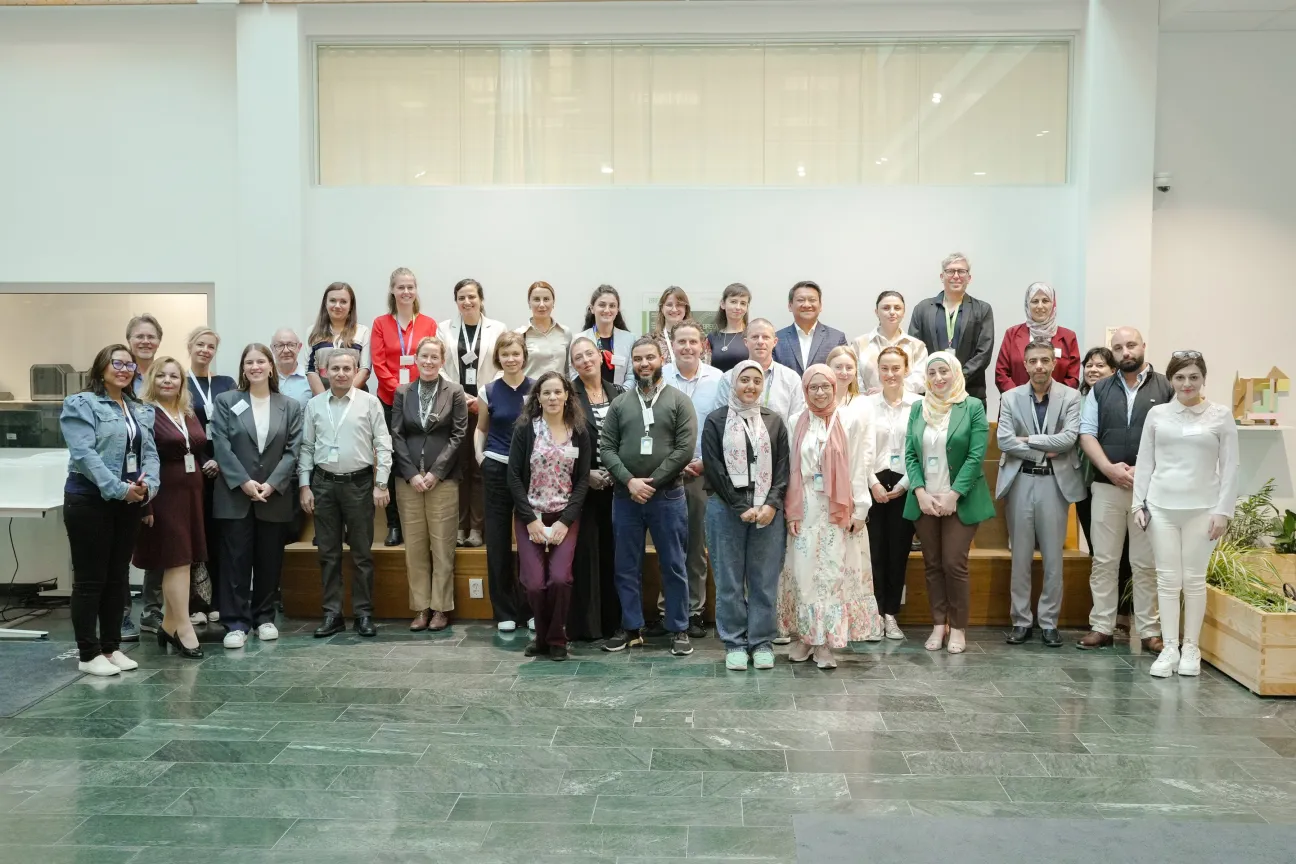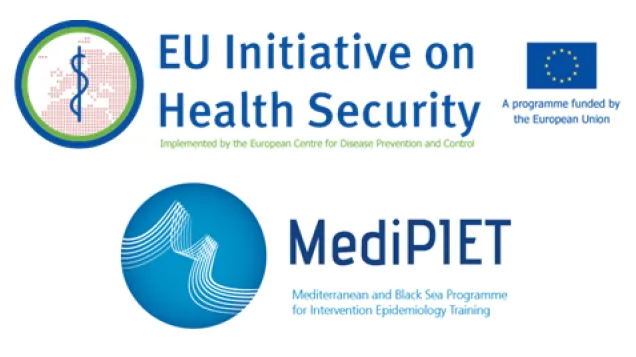Workshop on social and behavioural sciences for preparedness and response to infectious disease outbreaks

This workshop gathered 20 public health professionals from national institutes and ministries of public health from nine countries in the Mediterranean and Black Sea regions, five social and behavioural science experts, and several members of ECDC’s Prevention and Behaviour and Emergency Preparedness and Response teams.
The main aim of the workshop was to enhance the participants’ knowledge of the critical role that social and behavioural sciences can play in combatting the effects of infectious disease outbreaks or other public health emergencies. The workshop focussed on how social and behavioural sciences can be used to inform and optimise an effective public health preparedness and response strategy during a crisis.
A core principle is that authorities need – through the use of social and behavioural sciences – to understand the public’s concerns, fears and expectations about a given disease and thereby ensure that recommendations and mandates are acceptable and accessible to people.
Speakers from ECDC introduced participants to the main principles of social and behavioural sciences, highlighting the importance of combining quantitative and qualitative approaches when faced with public health emergencies, and taking existing beliefs among different target groups into consideration.
The training was practical and activity-based, offering participants the opportunity to expand their skills and knowledge on how to build stronger core epidemic social and behavioural science competencies. The two days included several real-case scenario exercises, allowing dialogue and interactive learning.
More information

Share this page







